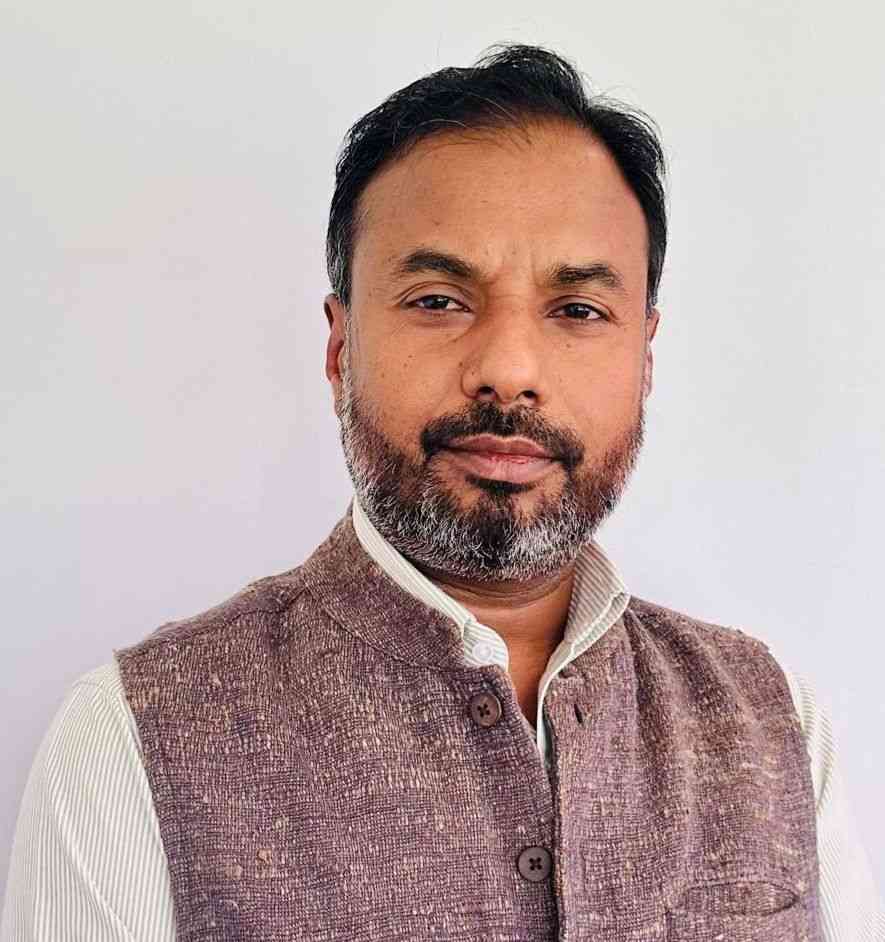
“This is certainly not the era of war... But this is not the era of terrorism either.” said the Prime Minister of India, Narendra Modi in a recent addressto the Indian nation on the backdrop of a horrendous terror attack on 22nd April 2025 in the Pahalgam city of Kashmir, India. This attack was the biggest terrorist attack on civilians in India since the 26th November 2008 attacks in Mumbai.
On 22 April 2025, Pakistani and Pakistani–trained terrorists belonging to the Lashkar-e-Taiba carried out a barbaric attack on Indian tourists at Pahalgam in Kashmir, India. They targeted tourists on religious lines and killed 26 civilians at point blank range in front of the tourists’ families. Family members were deliberately traumatized through the manner of the killing, accompanied by the exhortation that they should take back the message. The attack was driven by objective of spreading communal discord in the Kashmir valley and in the country. However, sticking to the secular values enshrined in the Indian Constitution, people all over the country came out en masse, across religions, to condemn the dastardly terror attack.
After the Pahalgam terrorist attack, Prime Minister of India Narendra Modi warned the terrorists and their handlers in Pakistan that a strong response was inevitable. Prime Minister had vowed that the terrorists and their handlers will be pursued to the ends of earth. True to his words, “Operation Sindoor” decimated 9 terror camps well within Pakistan and Pakistan occupied Kashmir (PoK). PM Modi has ensured that every move — from suspending the Indus Waters Treaty to launching military strikes on terror camps — was carefully planned and timed. The government chose strategy over impulse. This prevented Pakistan and terror groups from anticipating India’s response.
India’s response to the Pahalgam terror attack was "controlled, precise, measured, and non-escalatory" targeting only terrorist strongholds while avoiding civilian or military casualties. This non-escalatory stance was communicated to Pakistan, with the aim of preventing further hostilities. However, Pakistan chose to escalate by targeting Indian military sites and civilian areas, prompting a proportionate Indian response. On 10 May, India struck 11 Pakistani military bases with precision, causing significant damage. This compelled Pakistan to initiate contact, leading to a mutual agreement between both Directors General of Military Operations to cease all military activity across land, air, and sea later that day.
During his address to the Nation on 12 May 2025, Prime Minister Modi stated that “Operation Sindoor is not just a name, but a reflection of the feelings of millions of people of the country.” It was India’s message to the world that barbarity will be met with calibrated force. The neighbouring country’s complicity in terrorism will no longer be shielded behind a diplomatic façade or nuclear rhetoric.
“Operation Sindoor is now India’s established policy in the fight against terrorism, marking a decisive shift in India’s strategic approach” – giving rise to the MODI Doctrine.
The first key pillar of the doctrine is “Decisive Retaliation on India’s Terms”. In other words, any terrorist attack on India will be met with a fitting response. The country will take strict action to uproot terrorism and ensure that perpetrators and their sponsors face the consequences.
The second pillar is “Zero Tolerance for Nuclear Blackmail”. It underlines that India will not succumb to nuclear threats or coercion. The doctrine asserts that any attempt to use nuclear blackmail as a shield for terrorism will be met with precise and decisive action.
- Modi commissions India's first home-built aircraft carrier in defence push
- Pakistani actor pledges to marry Zimbabwean if Chevrons beat India
- Pakistan ex-President Pervez Musharraf dies in Dubai after years in exile
- Former Pakistan PM Imran Khan arrested outside Islamabad court
Keep Reading
The third pillar of the doctrine is “No Distinction Between Terrorists and their Sponsors”. India will hold both terrorists and their enablers accountable. The doctrine makes it clear that those who harbour terrorists, finance them, or support terror will face the same consequences as the perpetrators.
History will remember India’s response to Pahalgam as measured and principled. It will remember our response to terror. India stood tall, spoke with one voice, and struck with one force. Operation Sindoor is not the end — it is the beginning of a new era of clarity, courage, and our firm resolve in tackling terror.










